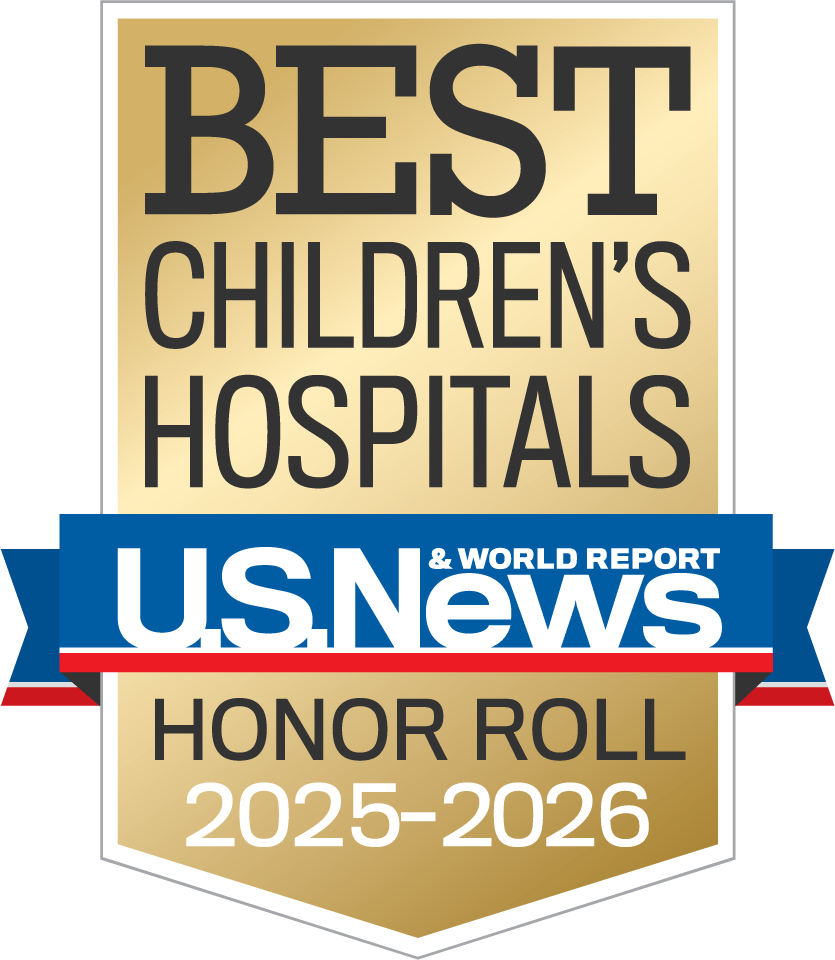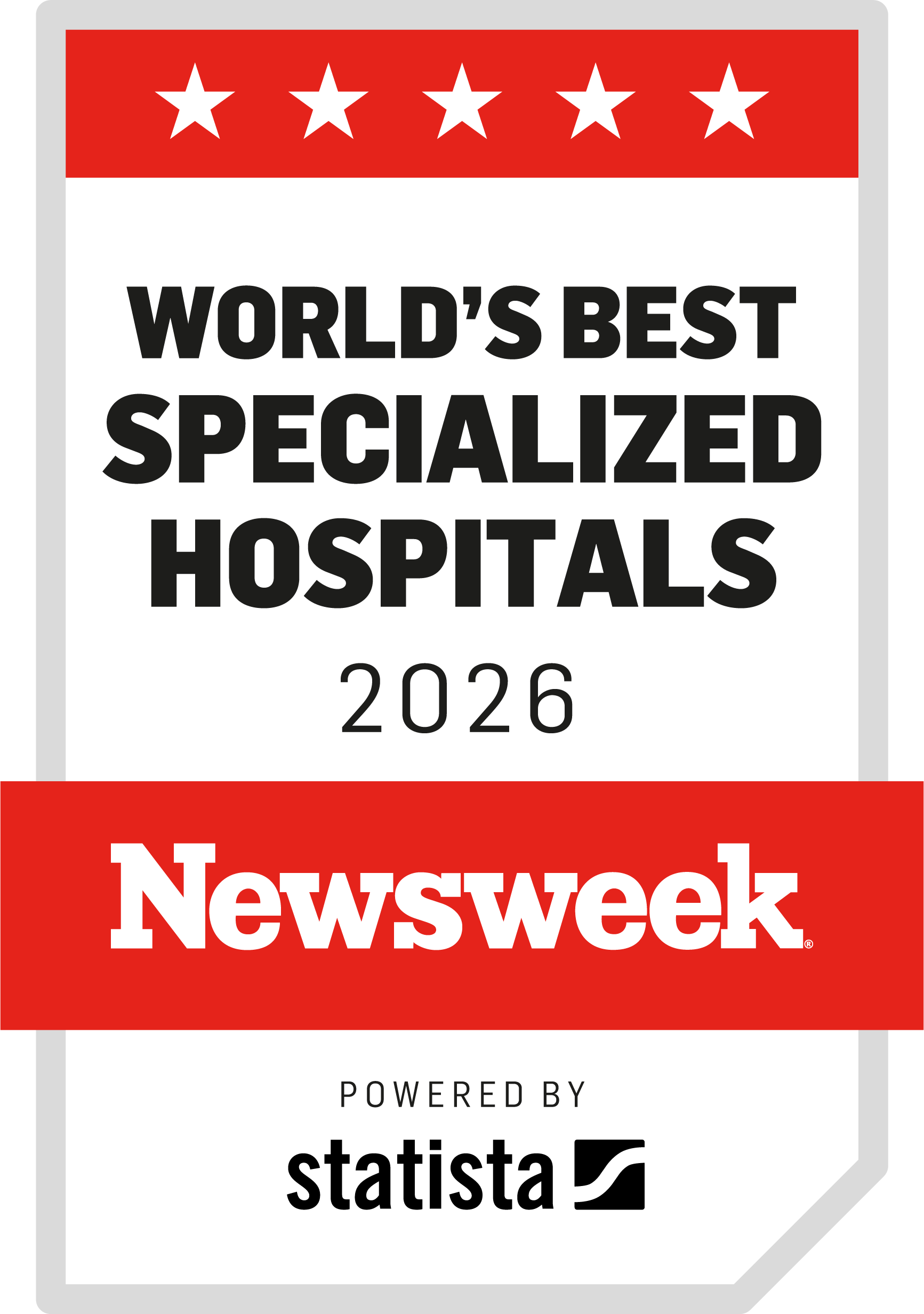What is congenital diaphragmatic hernia?
Congenital diaphragmatic hernia (CDH) is condition where child’s diaphragm does not fully develop in utero, which allows abdominal organs to move into the chest, preventing normal lung development. This can lead to difficulty breathing, as well as heart problems due to high blood pressure in the arteries of the lungs. In many cases, diaphragmatic hernias can be successfully treated in newborns, and the outlook for babies born with CDH is increasingly positive. Children with CDH require follow-up care and treatment over time to minimize related health concerns, such as lung problems, heart problems, breathing difficulties, feeding issues, and growth and development concerns. The Congenital Diaphragmatic Hernia Center at Boston Children’s Hospital is dedicated to treating and managing children with CDH from prenatal diagnosis through hospitalization and long-term follow-up care with our multidisciplinary team of specialists.

Why choose Boston Children’s?
CDH affects approximately 1 in 2,500 births
84% survival rate for patients treated at our center
1,500+ children treated as an ECMO Center of Excellence

‘Our silver lining’: Mila thrives after CDH repair
Following surgery to treat a congenital diaphragmatic hernia, this young girl is flourishing — and her mom is thrilled.
Our approach to congenital diaphragmatic hernia
Every case of CDH is different, so it’s important to have an experienced team of clinicians on your side. In the Congenital Diaphragmatic Hernia Center, pediatric surgeons and specialists in a range of disciplines work together to treat all aspects of your child’s health. Our team includes experts in:
- Cardiology
- Pulmonology
- Critical care
- Nutrition
- Neurology
- Nursing
- Speech and feeding
- Genetics
When CDH is suspected prenatally, Boston Children’s Fetal Care and Surgery Center (FCSC) assists families through a coordinated program of care, including diagnosis and counseling, prenatal monitoring, treatment at delivery, and postnatal care. Boston Children’s is also a Center of Excellence for extracorporeal membrane oxygenation (ECMO) and has published extensively on this topic. This advanced technology functions as a temporary support for a critically ill child’s lungs and heart, and it’s beneficial for babies with CDH.
We have a dedicated team that is present from delivery and guides treatment throughout the hospital course, coordinating care with a multidisciplinary team. This core group meets regularly to address patient specific issues as well as develop management guidelines to ensure comprehensive care throughout the phases of your baby’s hospitalization and transition to home.
Contact the Congenital Diaphragmatic Hernia Center: 617-355-6019


